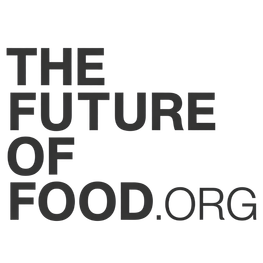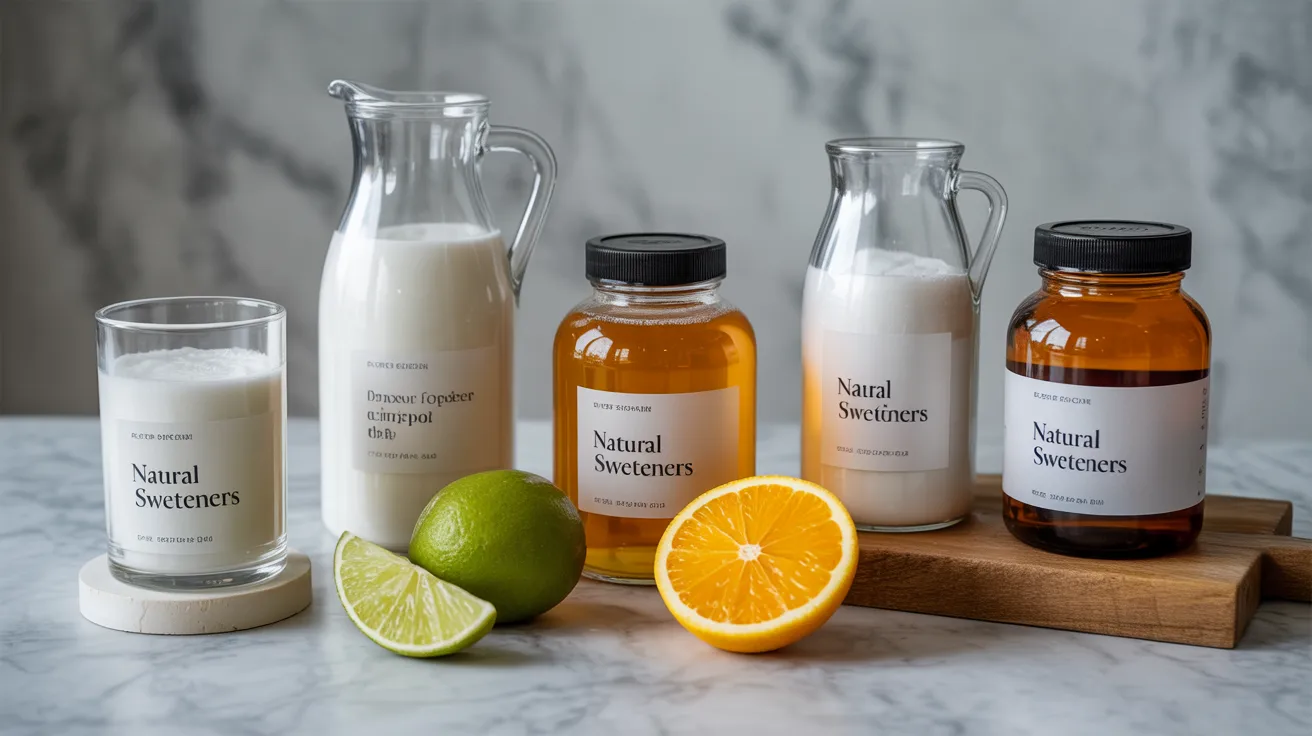Walmart is set to reformulate its private-label food offerings over the next three years, responding to consumer demand for healthier options. While the retailer states that 90% of its products are already free from synthetic dyes, the initiative emphasizes its commitment to affordability and health.
Walmart has announced a significant initiative to reformulate its private-label food products, aiming to eliminate dozens of additives, including synthetic dyes, by 2026. This move comes as part of a broader strategy to align its offerings with the growing consumer demand for healthier food options, and according to company executives, this change is a response to customers who are increasingly seeking transparency and quality in the products they purchase.
Interestingly, Walmart reports that approximately 90% of its private-label products are already free from synthetic dyes. This statistic suggests that while the commitment to cut these additives may sound substantial, the actual impact on the current product lineup may be less dramatic than anticipated. Nevertheless, the initiative is intended to reinforce Walmart’s mission of providing healthier and more affordable food options to its customers.
tldr
- Walmart to cut synthetic dyes from private-label foods by 2026.
- About 90% of Walmart’s products are already dye-free.
- Initiative responds to consumer demand for healthier options.
- Walmart emphasizes affordability alongside quality in reformulation.
- Industry trend towards cleaner labels is gaining momentum.
The decision to eliminate synthetic dyes and other additives follows a trend seen across the food industry, where many retailers and manufacturers are reevaluating their ingredient lists in response to consumer preferences. Health-conscious shoppers are becoming more discerning, often opting for products with cleaner labels that contain fewer artificial ingredients. This shift is not only about meeting consumer preferences but also about enhancing brand loyalty and trust.
Walmart’s commitment to reformulating its store-brand foods is part of a larger industry movement towards cleaner and more transparent food options. Other major retailers have also taken similar steps, recognizing the importance of catering to an increasingly health-aware consumer base. The company’s strategy could set a precedent for how grocery chains approach their private-label offerings in the future.
As Walmart implements these changes, it will likely face challenges in sourcing alternative ingredients that meet both health standards and cost-effectiveness. The balance between maintaining affordability while improving product quality will be crucial in the success of this initiative. Overall, Walmart’s move reflects a significant shift in the food retail landscape towards healthier, more natural food choices, which could influence how other retailers approach their private-label strategies in the coming years.





